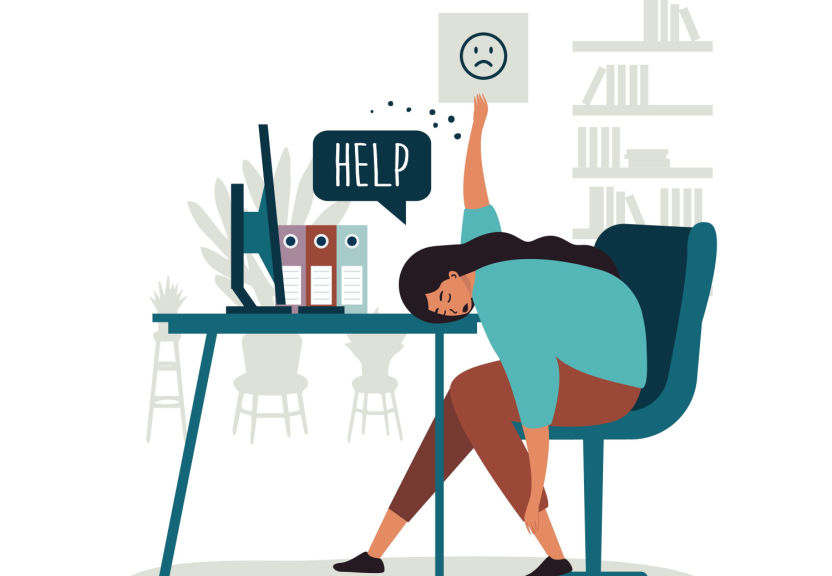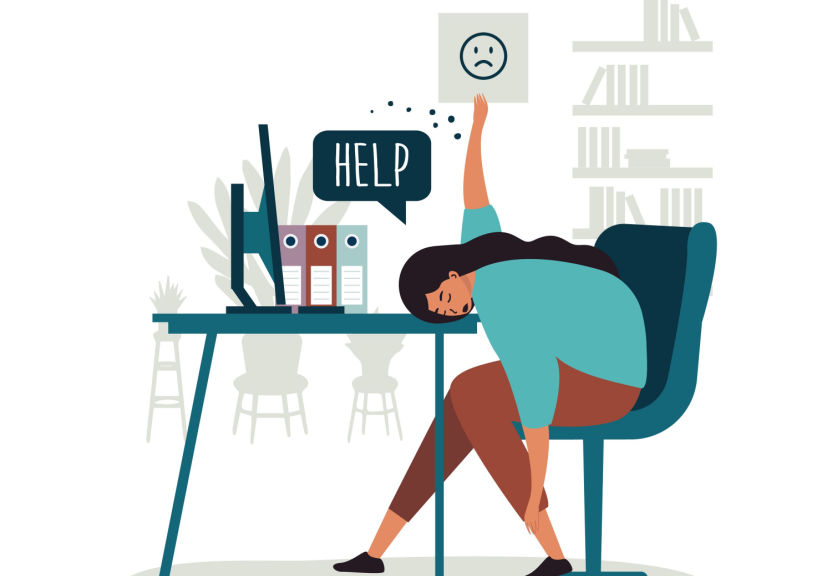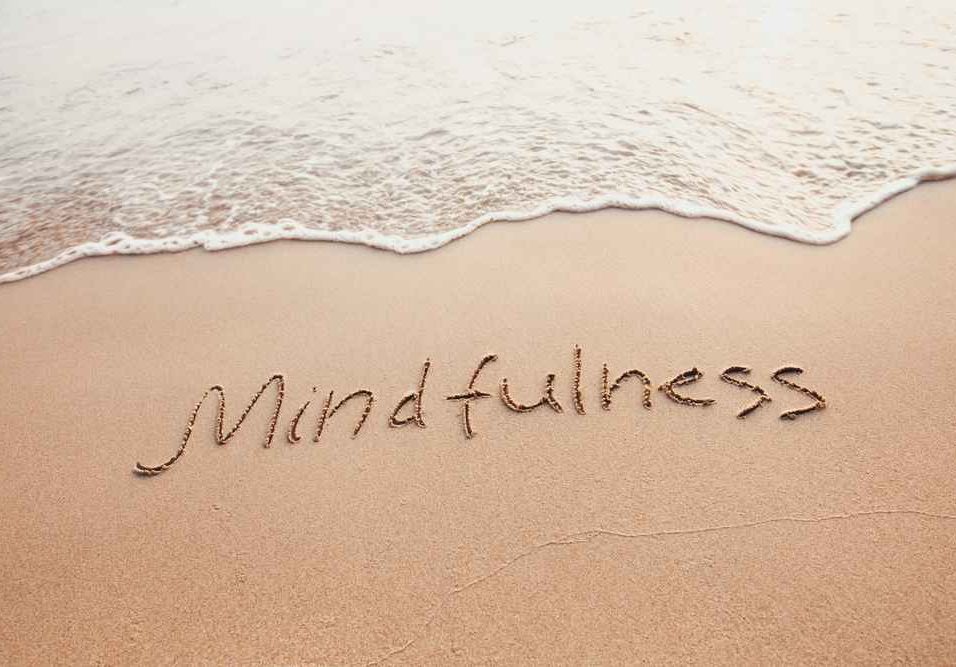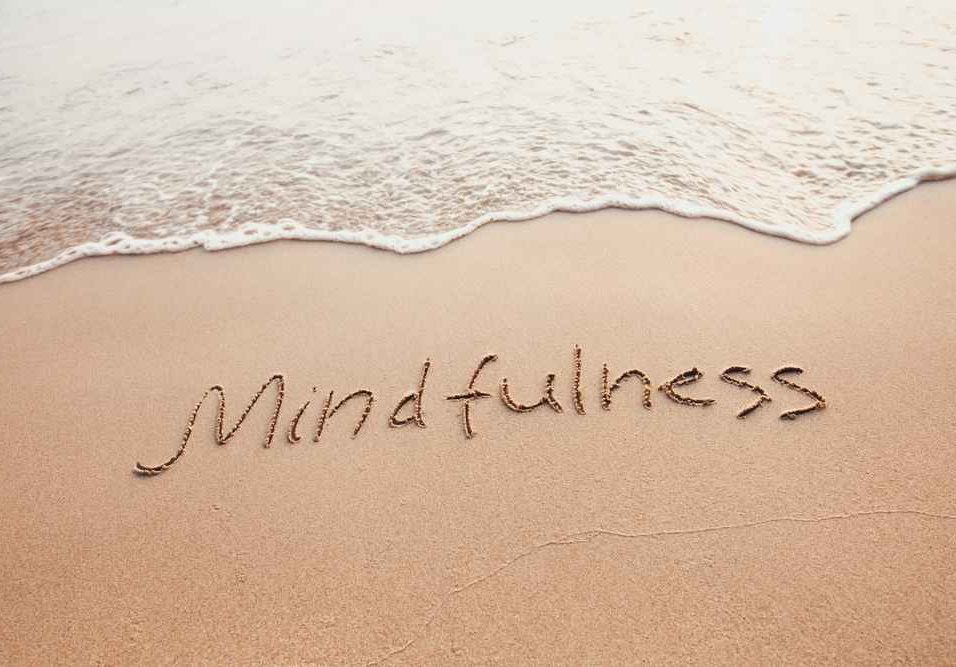Sleep hygiene can change your life
Sleep hygiene refers to the habits and practices that promote good sleep. It includes factors such as maintaining a consistent sleep schedule, creating a comfortable sleep environment, and avoiding certain substances and activities before bed.
Adequate and consistent sleep is essential for good physical and mental health. It is during sleep that the body repairs and rejuvenates itself, and a lack of sleep can lead to a number of negative health outcomes. For example, chronic sleep deprivation has been linked to an increased risk of obesity, diabetes, heart disease, and stroke. It also impairs cognitive function, making it harder to focus and make decisions.
To improve sleep hygiene, it’s important to establish a regular sleep schedule by going to bed and waking up at the same time every day. It’s also important to create a comfortable sleep environment by keeping the bedroom dark, cool, and quiet, and by using a comfortable mattress and pillows. Avoiding caffeine, nicotine, and alcohol close to bedtime, as well as stimulating activities such as watching TV or working on a computer, can also help you fall asleep faster.
Another important aspect of sleep hygiene is to relax before bed. This can be done by reading a book, listening to soothing music, or practicing relaxation techniques such as meditation or yoga.




A good night’s sleep is essential for physical and mental well-being. By establishing a consistent sleep schedule, creating a comfortable sleep environment, and avoiding certain substances and activities before bed, you can improve your sleep and promote better health.
The articles and information within this website are my sole opinion and derived from my sole experience. They are meant for general information purposes only and is not meant to substitute professional dietary and/or health advice or treatment. If you have or suspect you may have allergies or medical issues which may be affected by certain foods, or have or suspect you may have any illness and/or disease and/or chronic ailment and/or other, you should promptly contact your health care provider. Any statements regarding diets and/or nutrition and/or health are to be used at your discretion and are not intended to diagnose, treat, cure or prevent any disease.























